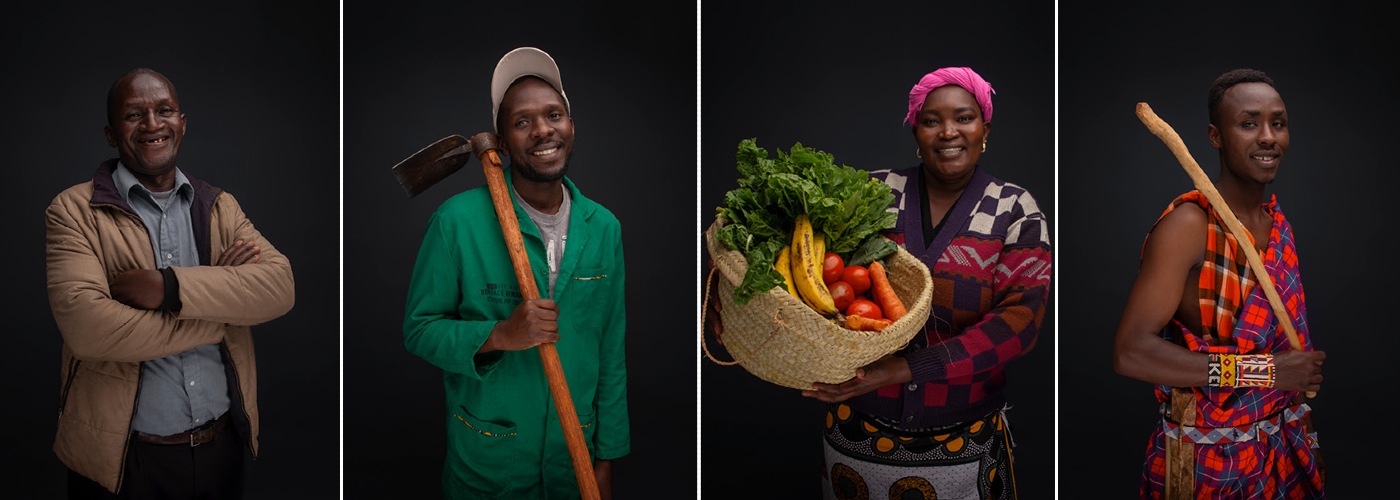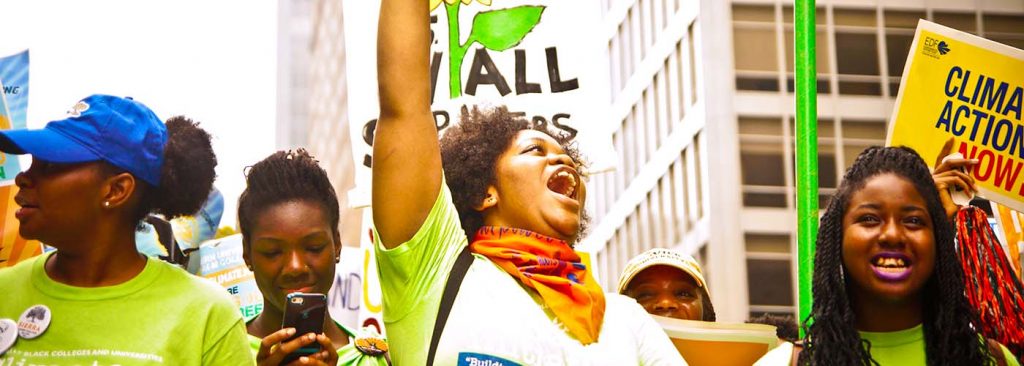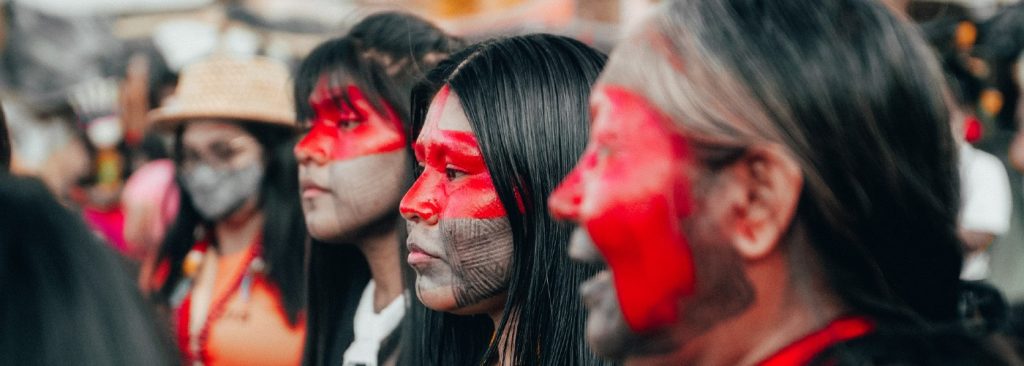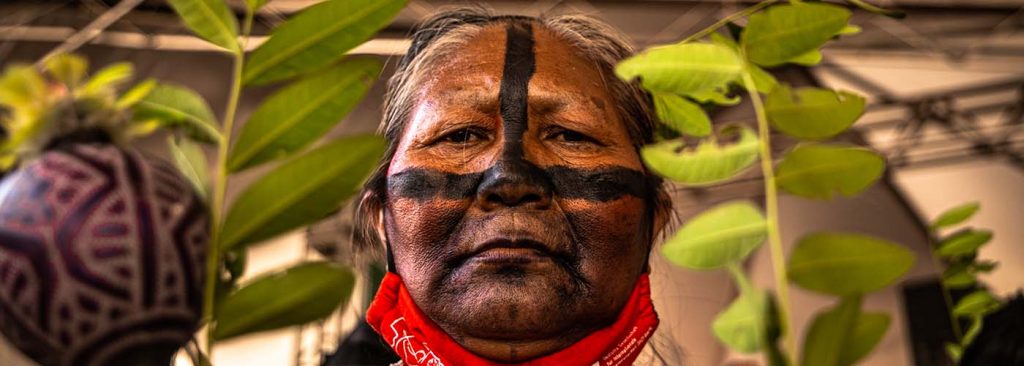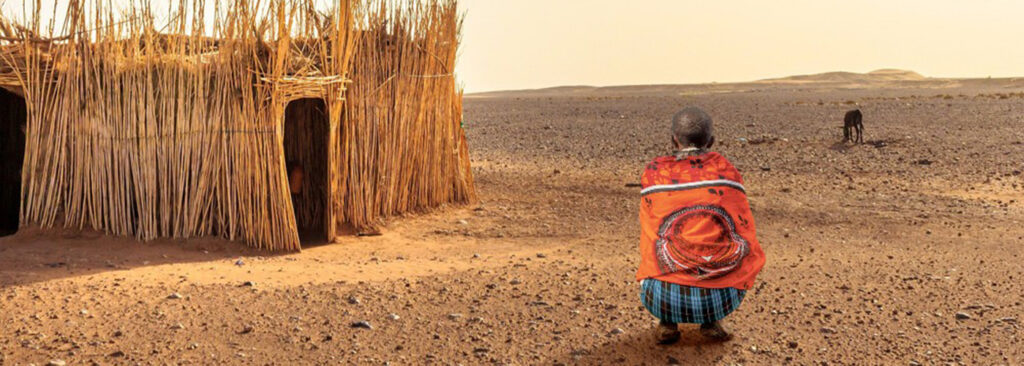By Jean Marc Sika and Sally Akinyi
The urgency of the current climate crisis as described by the scientific community for the remaining part of this century signals a horrific journey ahead. An overheated planet ravaged by disasters due to the highest global temperatures in 125,000 years and the fastest rising sea level in 10,000 years is bearing down on us. It is no longer a question of whether the worst is yet to come, but of figuring out how to survive it. This is a unique challenge that the COP26 in Glasgow has to tackle this week.
For climate finance solutions to be just and fair, we need more marginalized voices leading the way.
Industrialization’s connection with environmental degradation and greenhouse gas emissions can no longer be overlooked. The irony of this is that the Global South -which continues to pay the highest price of climate change – is also pushing for industrialization to bolster economic growth. This is the same road traveled by rich countries at the peak of the industrial revolution. And it is this model that has plunged the planet into a climate catastrophe leaving poorer countries at the mercy of floods, famine and droughts they have few means of coping with.
Let’s stop wearing double masks and speak hard truths
This raises the question: How do we address the double injustice faced by poorer countries whose carbon footprint is considerably low? Statistics indicate that Africa is responsible for two to three percent of global greenhouse gas emissions. Yet Africa is also the home to one of the largest net absorbers of carbon dioxide in the world thanks to the Congo Basin.
Asking Africa to preserve the Congo Basin for the benefit of the entire world without making significant investments to preserve this invaluable ecosystem is patently unjust. Furthermore, leapfrog transitions from fossil-fuel dependent economies to renewable-energy fueled economies demand major investments, including innovative and disruptive technologies.
Countries and communities in the Global South feel a deep sense of helplessness and injustice in the face of the enormous investments they are expected to make while having played an insignificant role in causing carbon emissions.
Historical responsibility for greenhouse gas emissions and the largest carbon footprints lies with the Global North. So solutions for tackling the climate crisis can only be meaningful and produce real change if we start having these difficult conversations. And not just between governments and the private sector, but including the voices of citizens.
We should no longer be begging for inclusivity in climate finance
Our experience with the Africa Biogas Partnership Program implemented in five African countries has harvested significant lessons. Amplifying the voices of citizens who demand accountability in the climate change debate and promote local solutions through climate finance is a necessary disruption. From Burkina Faso to Kenya, the program used its linking power to allow smallholder farmers with a biogas plant to have talks with the President and the Minister of Agriculture about local solutions that urgently needed to be upscaled nationally for climate change adaption.
Equally, they pushed for more incentives to use biogas plants as part of organic agriculture techniques through carbon credits and to restore income disrupted by climate change.
If we built on what we learned from this program, the dicey element of ‘carbon offsetting’ through bio-digesters that reduce carbon emissions would also be placed in the hands of farmers. With more transparency in carbon-trading, farmers would be part of climate finance solutions. They would know their role in carbon offsetting and how their carbon is sold to individuals, companies and organizations that want to compensate for their CO2 emissions.
But these are the voices that are being co-opted in the current COP26 climate talks, dominated by elites locking out the minorities who have first-hand experiences of how their lives are being ravaged by climate change. For climate finance solutions to be just and fair, we need more marginalized voices leading the way, particularly regarding the distribution of climate finance and how to monitor transparency and accountability in its use.
Discomfort and compromise can bear fruit in climate talks
The transition of the Global South towards a decarbonized economy will truly only be possible if there is a just and equitable distribution of resources and access to climate finance, technology and markets to preserve our remaining biodiversity. The previous 25 COP meetings have all failed to stop climate change. For COP26 to succeed there is an immense need to disrupt the current climate finance architecture and ensure inclusivity and equity not just in word, but in deed.
These bold discussions can either marshal the interests of different parties, uniting them to achieve common goals. Or they can spell out hard truths that many would rather not hear. But perhaps this is the silver lining in this crisis.

